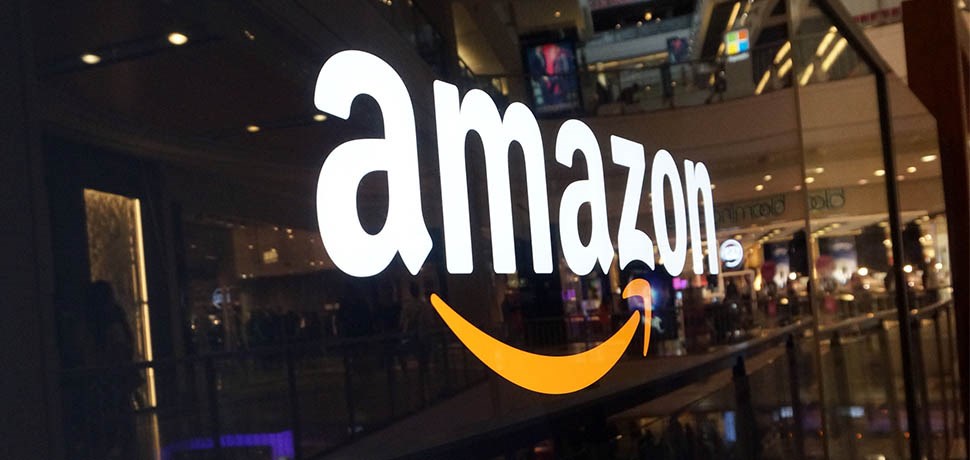
Ordinarily, Amazon announcing that it generated record sales of $126 billion for the quarter would be the major talking point following its results announcement. However, this was no ordinary announcement as the news that founder and CEO Jeff Bezos would be taking a step back from his role of CEO and moving into the position of Executive Chairman drew all the headlines.
From its humble beginnings of shipping books to customers all around America out of a garage in Seattle, Jeff Bezos has grown Amazon into the trillion-dollar empire that it is today. I recently came across a video clip from Scott Galloway, technology entrepreneur, NYU Stern marketing professor and author of the book titled “the Four”, in which he discusses the “Big Four” tech-giants of which Amazon is one. In this clip he noted how Jeff Bezos played the long game and I was reminded of something that Mr Bezos once said in his first ever letter to Amazon shareholders. In it he wrote “It’s All About the Long Term”. He went on to say that a fundamental measure of Amazon’s success will be the shareholder value that it creates over the long term. For those that took him at his word, a $1,000 investment into Amazon in 1997 would now be worth close to $1,700,000.
Long term is exactly how Amazon operates when it invests in ideas and businesses. As part of Amazon’s long-term investment philosophy, Jeff Bezos made the following points in this letter to shareholders:
With this philosophy always in back of mind, Amazon relentlessly followed this approach. It grew its e-commerce operations at the expense of short-term profits to become the market leader by some distance. Amazon is constantly reinvesting into this business, improving on the delivery experience whilst entrenching its seemingly impenetrable moat. Amazon is constantly making new investments into ideas and while some may not have panned out (anyone remember the Fire Phone?), others have been transformative. Think of how the kindle revolutionised the way in which people read books – an amusing thought considering that Amazon’s very first products were physical books. The introduction of free delivery for Amazon Prime members attracted and locked in customers. Today there are more American households that have an Amazon Prime membership than those that decorate a Christmas tree, own a pet or attend church. These are but to name a few and I haven’t even mentioned the jewel in Amazon’s crown, its cloud computing business Amazon Web Services (AWS).
While Jeff Bezos may be taking a step back, Amazon’s long-term approach will almost certainly remain intact. Mr. Bezos will still be very much involved in the strategic aspects of the business in his role as chairman. His replacement is one of his long-serving lieutenants, Andy Jassy, who currently heads up AWS. It is interesting that the person chosen to succeed Mr. Bezos comes from the cloud computing side and not from Amazon’s e-commerce operations. This highlights two significant points. Firstly, just how important AWS is to the future of Amazon. Secondly, the out-going CEO must have a lot of faith in Mr. Jassy to choose him as the next CEO. Anyone that has hit Jeff Bezos in the head with a kayak paddle (it really happened) and not only remained an employee but is also set to become the CEO must have something going for him.